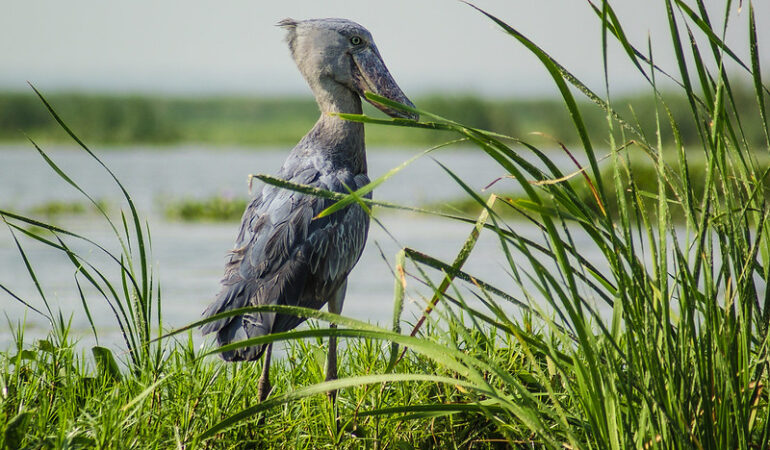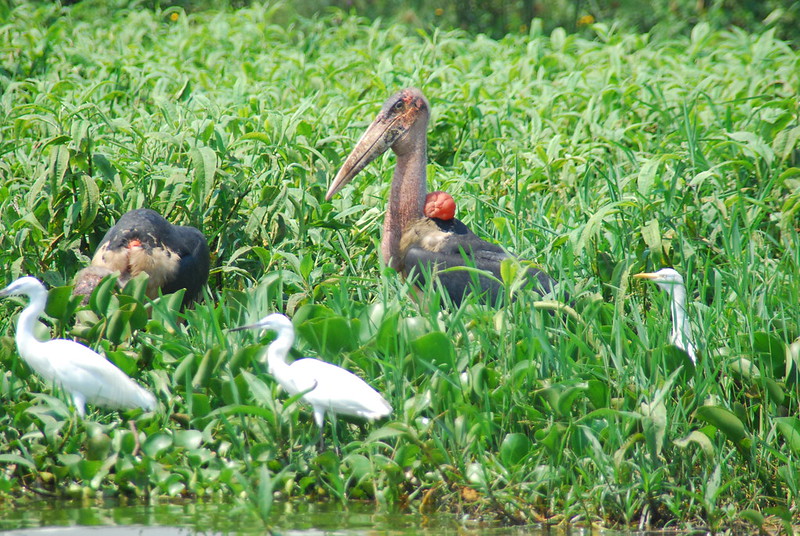
August 14, 2024
Uganda, often referred to as the “Pearl of Africa,” is home to some of the most stunning and ecologically important lakes in the world. These bodies of water, including Lake Victoria, Lake Albert, Lake Edward, and Lake Kyoga, play a crucial role in the country’s ecosystem, supporting a diverse array of wildlife and providing vital resources for local communities.
However, these lakes face significant conservation challenges that threaten their ecological integrity. In this blog post, we will explore the conservation efforts in place to protect Uganda’s lakes and the challenges that must be overcome to ensure their future sustainability.
The Ecological Significance of Uganda’s Lakes
Uganda’s lakes are integral to the country’s biodiversity and ecological balance. Lake Victoria, the largest lake in Africa and the second-largest freshwater lake in the world, is a vital habitat for numerous species of fish, birds, and other wildlife.
It also supports millions of people who rely on it for fishing, transportation, and agriculture. Similarly, Lake Albert and Lake Edward are essential for both wildlife and human populations, acting as crucial water sources and supporting rich ecosystems.
These lakes are part of the Nile Basin, which is one of the most important water systems in Africa. The lakes provide habitats for endemic species, including the Nile perch and the cichlid fish, which are unique to these waters. The wetlands surrounding these lakes are also critical for migratory birds and other wildlife, making them key areas for biodiversity conservation.
Conservation Efforts in Uganda’s Lakes
Several conservation initiatives have been implemented to protect and preserve Uganda’s lakes. These efforts are driven by both government agencies and non-governmental organizations (NGOs), working together to address the environmental challenges facing these water bodies.
Fisheries Management
Overfishing has been a significant problem in Uganda’s lakes, leading to the depletion of fish stocks and threatening the livelihoods of communities that depend on fishing. In response, the Ugandan government, in collaboration with local communities and international partners, has implemented fisheries management programs.
These programs include the regulation of fishing practices, the establishment of protected fish breeding areas, and the promotion of sustainable fishing methods. By reducing the pressure on fish populations, these efforts aim to restore and maintain the ecological balance of the lakes.

Wetland Restoration
The wetlands surrounding Uganda’s lakes are critical for maintaining water quality and providing habitats for wildlife. However, these wetlands have been degraded due to human activities such as agriculture, construction, and pollution.
To combat this, wetland restoration projects have been launched to rehabilitate and protect these vital ecosystems. These projects involve reforestation, the re-establishment of native plant species, and the creation of buffer zones to prevent further encroachment. By restoring wetlands, these initiatives help to preserve the ecological health of the lakes and their surrounding environments.
Pollution Control
Pollution from agricultural runoff, industrial waste, and domestic sewage poses a significant threat to Uganda’s lakes. The influx of nutrients and harmful chemicals into the water bodies can lead to eutrophication, which depletes oxygen levels and harms aquatic life.
To address this issue, conservation efforts focus on reducing pollution at its source. This includes promoting sustainable agricultural practices, improving waste management systems, and enforcing regulations to prevent industrial pollution. Public awareness campaigns are also conducted to educate communities about the importance of protecting water resources and minimizing pollution.
Invasive Species Management
Invasive species, such as the water hyacinth, have had a detrimental impact on Uganda’s lakes by choking waterways, reducing water quality, and outcompeting native species.
Efforts to manage invasive species include mechanical removal, biological control using natural predators, and public education on the risks associated with introducing non-native species. These measures are crucial for maintaining the ecological balance of the lakes and ensuring the survival of native species.
Challenges Facing Uganda’s Lakes
Despite the ongoing conservation efforts, Uganda’s lakes continue to face several challenges that hinder their sustainability. These challenges are complex and multifaceted, requiring coordinated action at local, national, and international levels.
Climate Change
Climate change is one of the most significant threats to Uganda’s lakes, impacting water levels, temperature, and rainfall patterns. Changes in climate can lead to the shrinking of lakes, altered fish breeding cycles, and increased vulnerability to invasive species.
The unpredictability of weather patterns also makes it difficult for communities to plan for sustainable resource use. Addressing the impacts of climate change on Uganda’s lakes requires a comprehensive approach that includes climate adaptation strategies, water management plans, and efforts to reduce greenhouse gas emissions.
Population Growth and Urbanization
Uganda’s rapidly growing population and increasing urbanization exert pressure on the country’s lakes. The demand for land, water, and resources leads to habitat destruction, pollution, and over-exploitation of the lakes’ resources.
Urbanization also brings challenges such as inadequate waste management systems, which contribute to the pollution of water bodies. Balancing the needs of a growing population with the conservation of natural resources is a significant challenge that requires sustainable development policies and practices.
Economic Pressures
Many communities around Uganda’s lakes depend on fishing, agriculture, and tourism for their livelihoods. However, economic pressures can drive unsustainable practices, such as overfishing, illegal logging, and unregulated tourism development.
Addressing these economic pressures involves promoting alternative livelihoods, providing education and training on sustainable practices, and implementing policies that support both conservation and economic development.
Uganda’s lakes are invaluable ecological treasures that support both biodiversity and human communities. While significant progress has been made in conservation efforts, ongoing challenges such as climate change, population growth, and economic pressures continue to threaten the health of these vital ecosystems.
The future of Uganda’s lakes depends on the continued commitment to conservation, sustainable resource management, and the involvement of local communities in protecting these natural resources.



